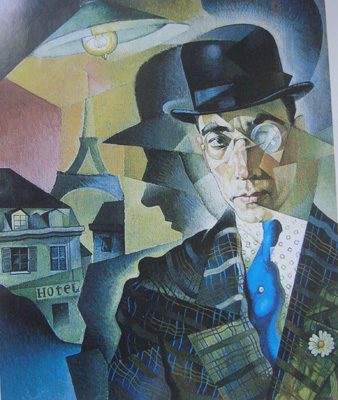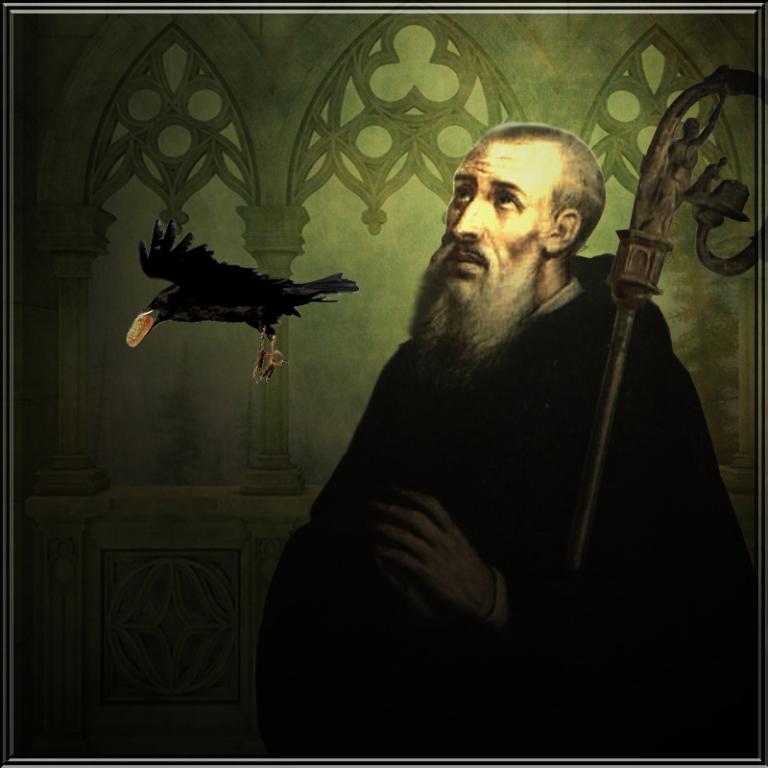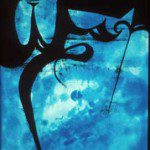
“We are the hollow men,” writes T.S. Eliot. “We are the hollow men / Leaning together / Headpiece filled with straw. Alas!”
His poem has been hammering through my head all morning. We are the hollow men. The stuffed men. This picture he draws emerges from Guy Fawkes Day, a strange day of celebration in England, when effigies of Guy Fawkes, the Catholic who tried to blow up Parliament, are burned. Eliot turns his eyes to this day, watching as empty human figures burn to the delight of gathered crowds. He looks, and he seems to wonder who, exactly, is hollow.
As I look upon my nation today – the United States of America – Eliot’s words ring in my ears. I hardly know what I see. Hardly know who it is that I see. These are eyes I dare not meet in dreams.
I’ve never been much for politics, because I’ve never been a creature of the Left or the Right. My family origins would have me as a Republican, and I have sat lonely at the dinner table, unable to be one. My profession as a scholar would have me a Democrat, but I have sat lonely at that dinner table too. These experiences have taught me a profound distrust of anything with two sides that I must choose from. I am always sure that both sides will ultimately disown me.
I’ve never quite found a home in the politics of Catholicism, either. Neither progressive Catholicism nor conservative Catholicism appeal to me in any ultimate ways, and I think I find many friends among fellow homeless Catholics – those dissatisfied by mere sides of things.
Since I always end up standing on fault lines rather than on one side – I’ll even find myself drawn inexorably too a fault line rather than taking a side – my instincts have leaned heavily toward reconciliation between sides. Professionally and personally, I always seem to be reaching out to conservatives and liberals, somehow a double-agent to both, and never entirely sure where my ultimate loyalties rest, if anywhere. My obsessions as a scholar, even here on this blog, show themselves in an unrelenting interest in the questions behind the questions. I am not interested in the fray; I want to know what caused it.
So, I am rather happily obscure. I know people read my blog, for example, but I am not the most popular and only rarely commented on. This is fine by me. I want my obscurity. I want my side-lines. It frees me up to scrutinize problems in my quiet way. Frees me from having to have answers, or having to have a specific cause to advocate. I am poor, and I have nothing but my questions.
But I’ve always wondered: when will I be forced, finally, into a moment when I can bend no more? When will that terrible moment arrive when I can no longer quietly wonder what caused a fraction, and take a side? When Christian conscience can endure no further?
I have hit some kind of breaking-point with the election of Donald Trump. For all I value my obscurity, for all I love being allowed to work outside the harsh gaze of typical divisions, I find myself forced to my knees before a fault line that I cannot tolerate at all. I am desperate to find what is underneath it not because I hope for a secret reconciliation, but because it is wrong. Donald Trump is wrong. I cannot see how a Catholic could reconcile themselves to him. Not without losing our very hearts.
I must say something. I cannot say nothing under the dark eyes of these days. I almost want to apologize, my dear reader, but I am not sorry. As much as it hurts that I must do this at all, I am not sorry to stand against him.
For Thine is the Kingdom
For Thine is
Life is
For Thine is theThis is the way the world ends
This is the way the world ends
This is the way the world ends
Not with a bang but a whimper.











